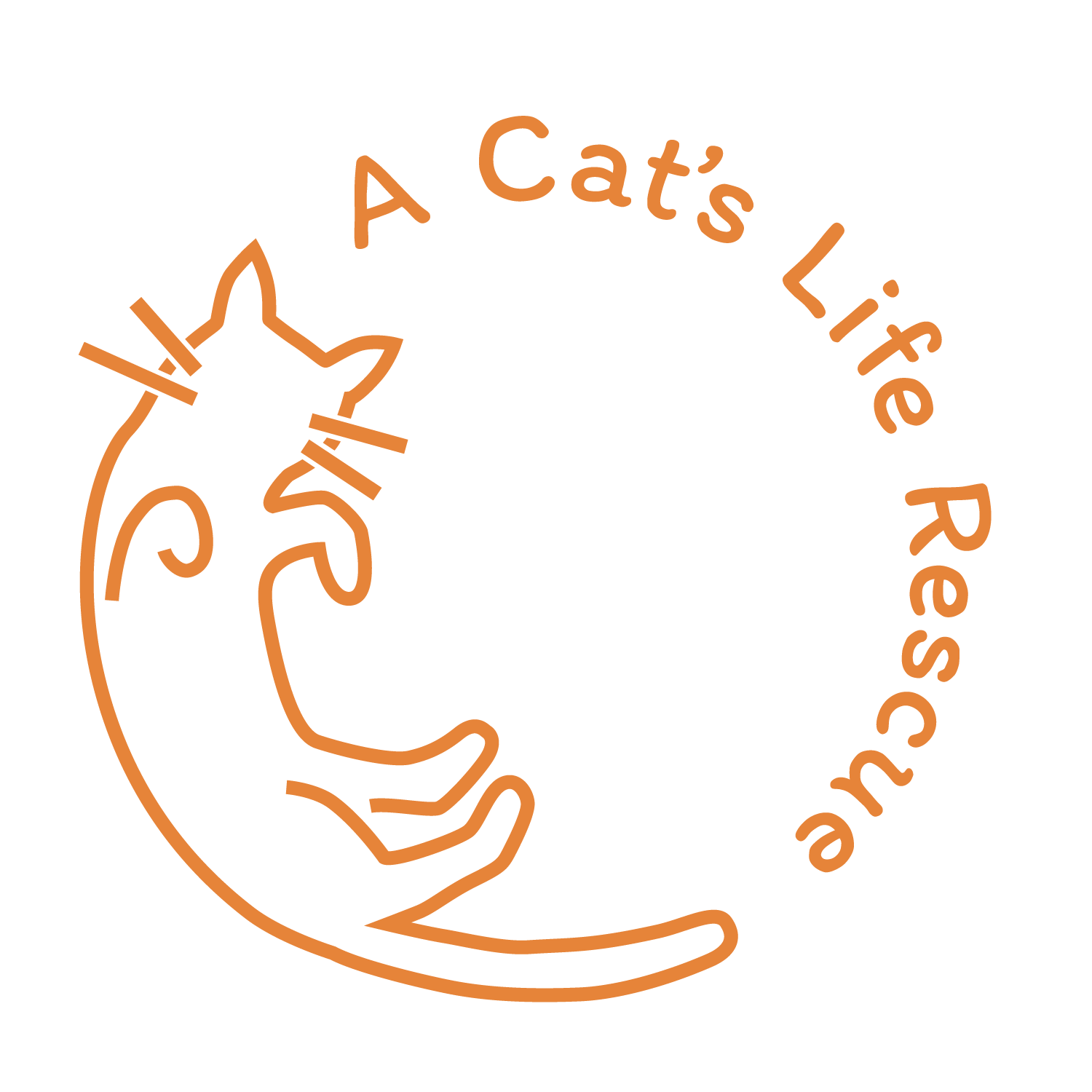About TNR
What is TNR?
TNR (trap-neuter-return) is a humane program to manage outdoor cat populations by trapping cats, spaying, neutering and vaccinating them, and returning them to the area they were trapped. Cats will also receive an ear-tip to signify that they have been TNRed. The ear-tip does not hurt the cat and prevents future stress by alerting others that the cat does not need to be TNRed. Over the long-term, a cat caregiver will look over and care for colonies of cats.
Why TNR?
Many non-profits, such as A Cat’s Life Rescue, implement TNR to reduce the outdoor cat population and provide cats with vital veterinary care. Unlike cruel alternatives, such as euthanasia, TNR allows outdoor cats to naturally live out their lives. These cats are provided care throughout their lifetime by a caregiver who provides them with food, water, and outdoor shelters. Caregivers watch over their colonies and TNR new cats without ear-tips and take cats that begin exhibiting signs of illness to a veterinary.
TNR also reduces the number of outdoor cats by allowing shelters and rescues to find adoptable cats. When A Cat’s Life Rescue traps an outdoor cat, we perform a behavioral test to determine whether the cat is feral or friendly towards humans. If an adult cat is friendly, we enter them into our adoption program and find them a new, indoor home. Kittens are usually entered into our adoption program even when they are not initially friendly as they can be socialized to humans at a young age.
Adult cats who are not friendly toward humans are returned outdoors. Although this may seem cruel, it is ultimately best for the cat. Feral cats do not fare well in homes as they have not been socialized to humans and often experience high levels of stress. Since they have grown up outdoors, they have learned necessary survival skills and are more comfortable outdoors.
TNR also helps local communities as it reduces nuisance behaviors associated with mating such as fighting, yowling, and spraying urine. TNR also provides outdoor cats with veterinary care, food and water so outdoor cats will likely look healthier than before TNR. Cats also help communities control their rodent populations.
How to help!
There are many ways you can get involved to help outdoor cats in your area. If you are looking for a hands-off way to help, consider donating to a local shelter or rescue that performs TNR. You can also look up your local laws on TNR to make sure your area supports humane outdoor cat management. If your area bans TNR or has laws in place that limit TNR, such as leash laws or feeding bans, contact your local representatives and explain why it is important they support TNR.
If you notice outdoor cats in your area without an ear-tip, you can always get involved with TNR directly! If you have never done TNR before, it is best to begin by reaching out to a local shelter or rescue for assistance. Residents of Prince George’s county in Maryland can reach out to us for advice, assistance on-the-ground and equipment to borrow. To learn more or to request TNR assistance please email us at trapping@acatsliferescue.org
We serve the North PG County areas of:
Bladensburg
Brentwood
Cheverly
Colmar Manor
Cottage City
East Riverdale
Edmonston
Hyattsville
Mount Rainier
Riverdale Park
We also serve the South PG County areas of Clinton & Upper Marlboro.



